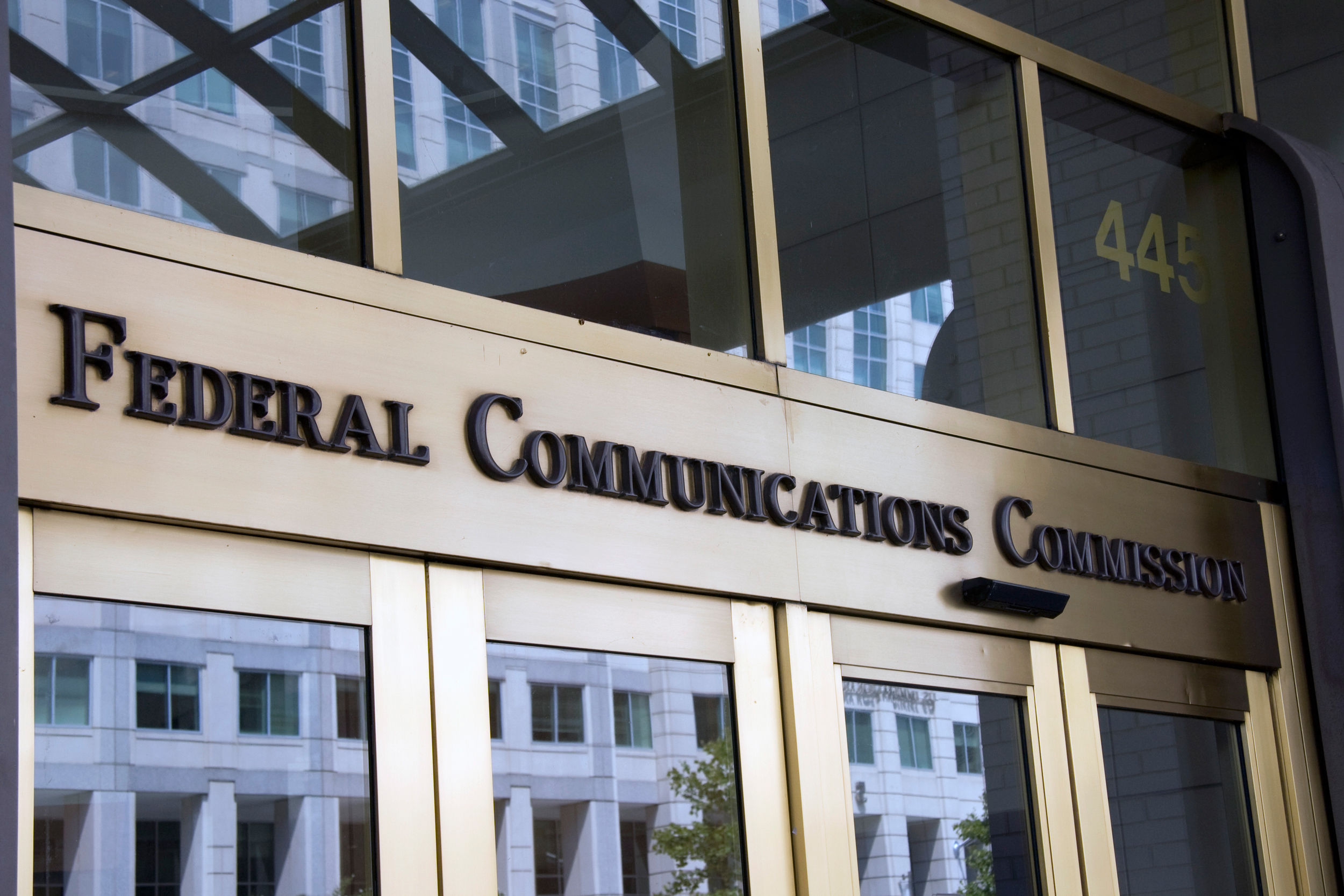FCC Eliminates Cable Programming Financial Interest Reporting
Said operator info is available elsewhere

The smarter way to stay on top of the multichannel video marketplace. Sign up below.
You are now subscribed
Your newsletter sign-up was successful
In a victory for NCTA-the Internet & Television Association, the FCC has voted in advance of Wednesday's public meeting on a report and order to eliminate the requirement that cable operators include in their online public file information on the nature and extent of their attributable interest in video programming services.
The item has been dropped from the Sept. 30 meeting agenda.
The 25-year-old rules date from when the FCC policed the channel occupancy limits on programming in which operators had a financial interest. Those limits have not been in effect since 2001, when a court remanded them back to the FCC.
Related: FCC Ponders Axing Cable Programming Interest Reporting Mandate
The issue had split cable operators.
ACA Connects argued for retaining the requirement, saying it was needed to help the FCC enforce program access rules. NCTA, which backed eliminating the requirement, countered that ACAC's argument was self-serving and wrong, saying "entities seeking attributable interest information can retrieve it from a variety of readily available sources," including SEC filings SNL Kagan.
"Given that these requirements no longer serve their intended purpose and the information covered by the rule can be obtained from sources other than public inspection files," the Commission said, echoing NCTA, it "voted to remove this unnecessary and outdated regulatory burden on cable operators."
The smarter way to stay on top of the multichannel video marketplace. Sign up below.
The order was the latest in FCC chairman Ajit Pai's media modernization effort to scrub outdated rules and regs.
FCC commissioner Michael O'Rielly, who had recommended looking into scrapping the requirement, has suggested it was ugly wallpaper left over from another era that was in need of removing.
It has now been scraped off the regulatory wall.
Contributing editor John Eggerton has been an editor and/or writer on media regulation, legislation and policy for over four decades, including covering the FCC, FTC, Congress, the major media trade associations, and the federal courts. In addition to Multichannel News and Broadcasting + Cable, his work has appeared in Radio World, TV Technology, TV Fax, This Week in Consumer Electronics, Variety and the Encyclopedia Britannica.

